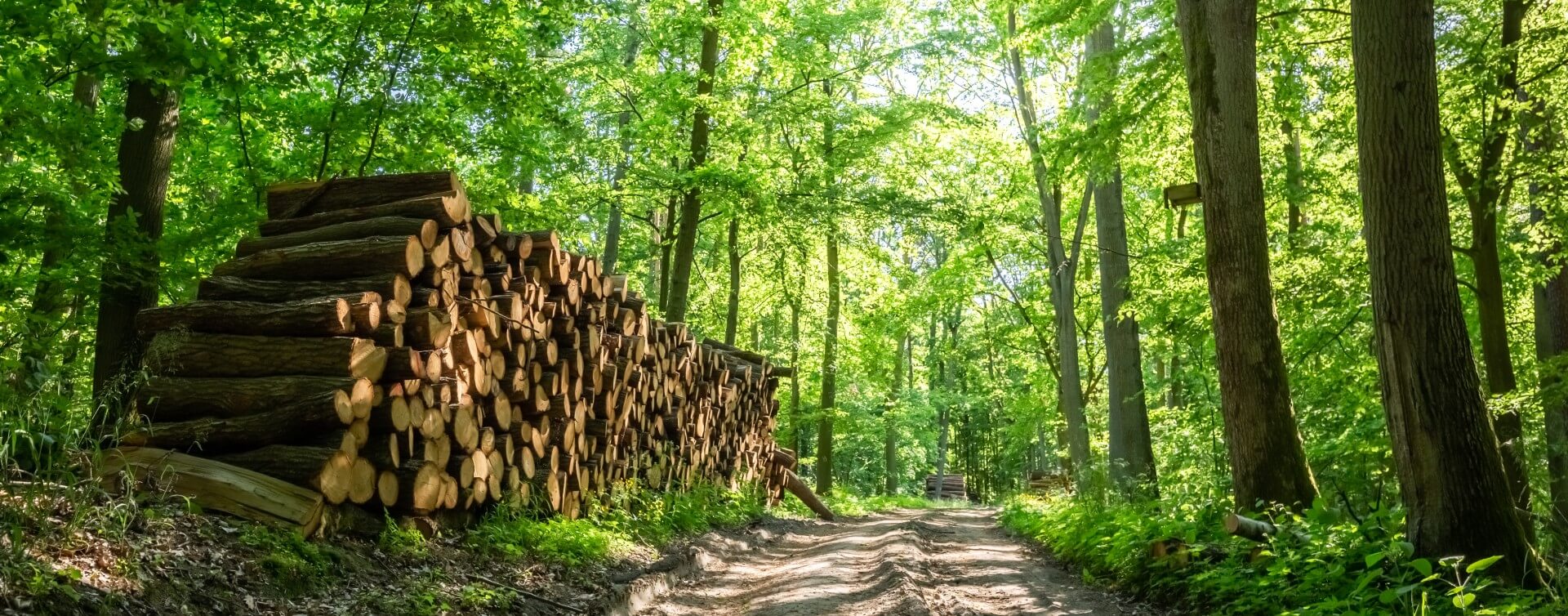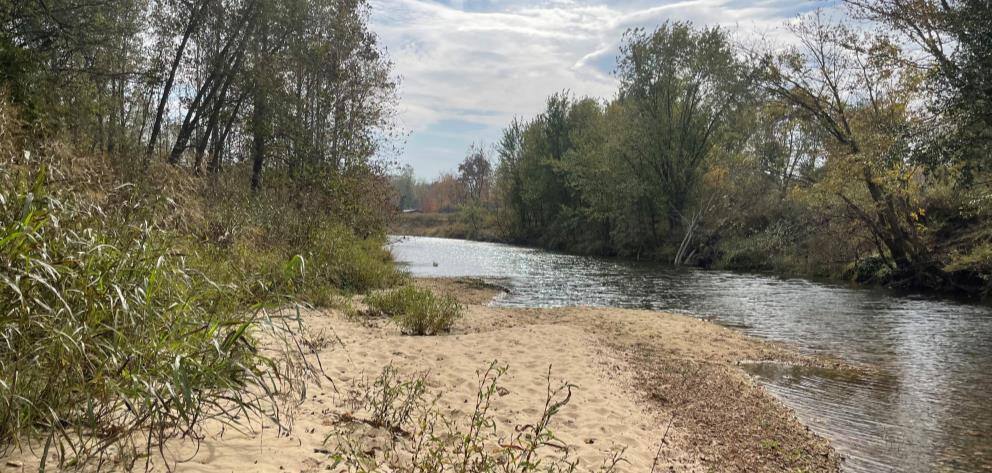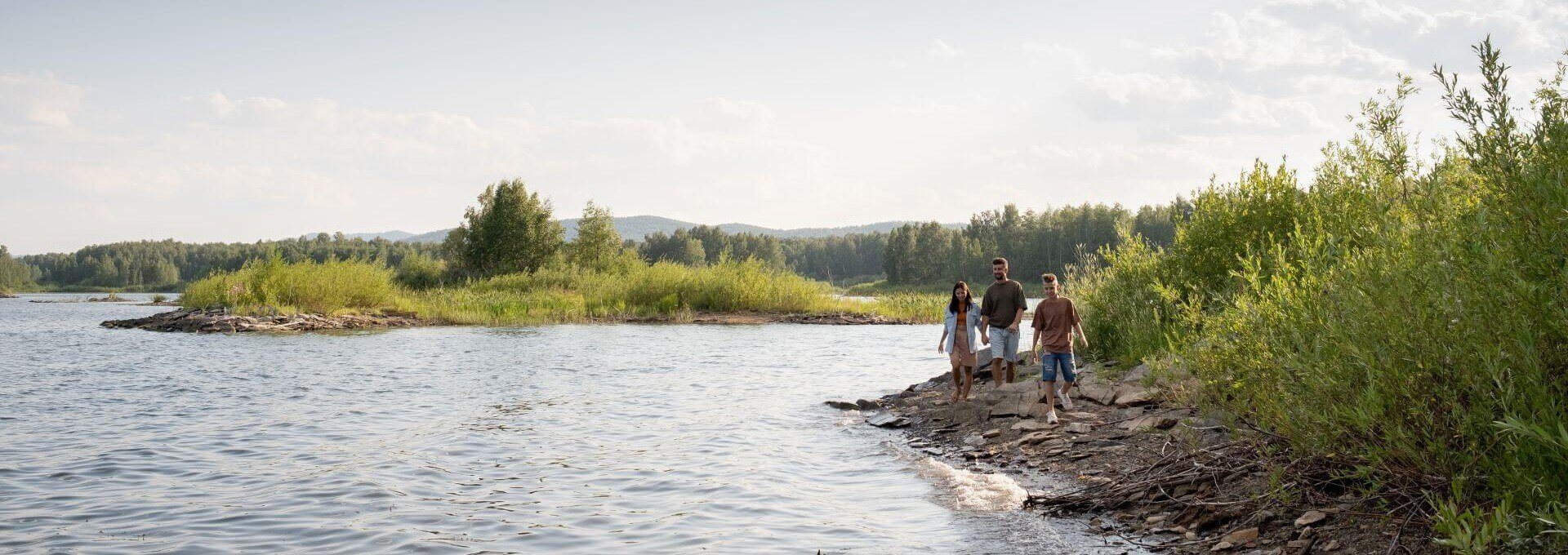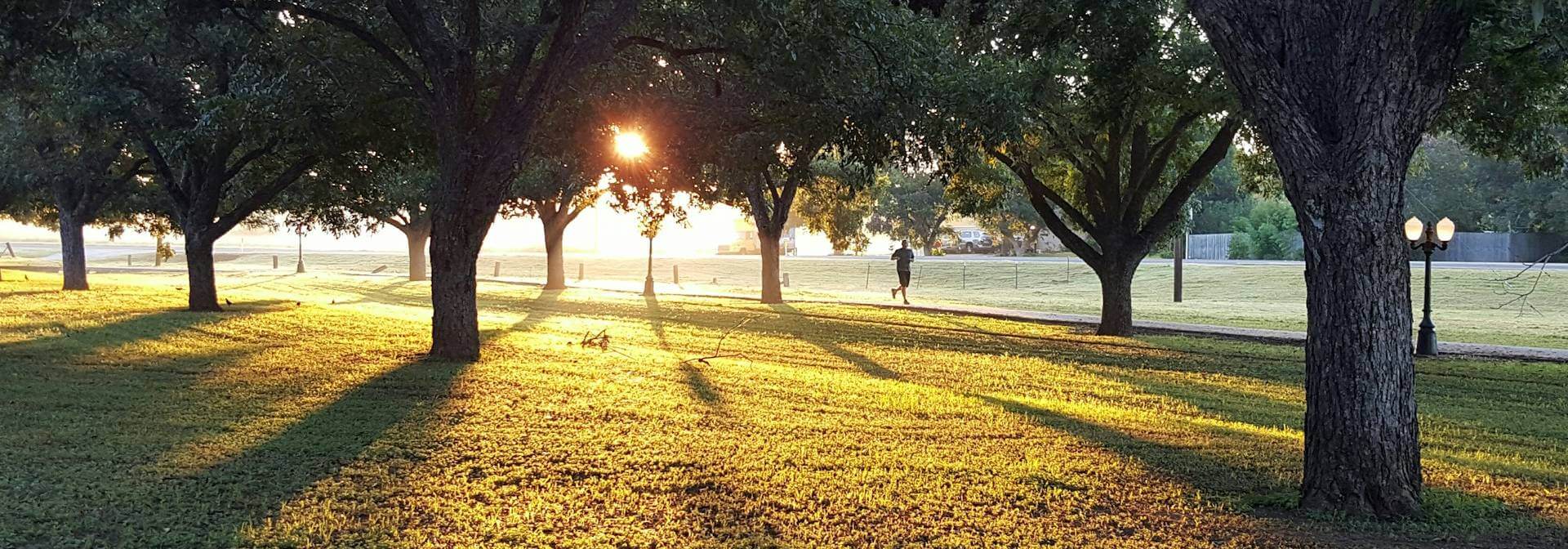Boiling Spring Wilderness
Unique Places to Save conserves biologically-rich land to create large-scale impact


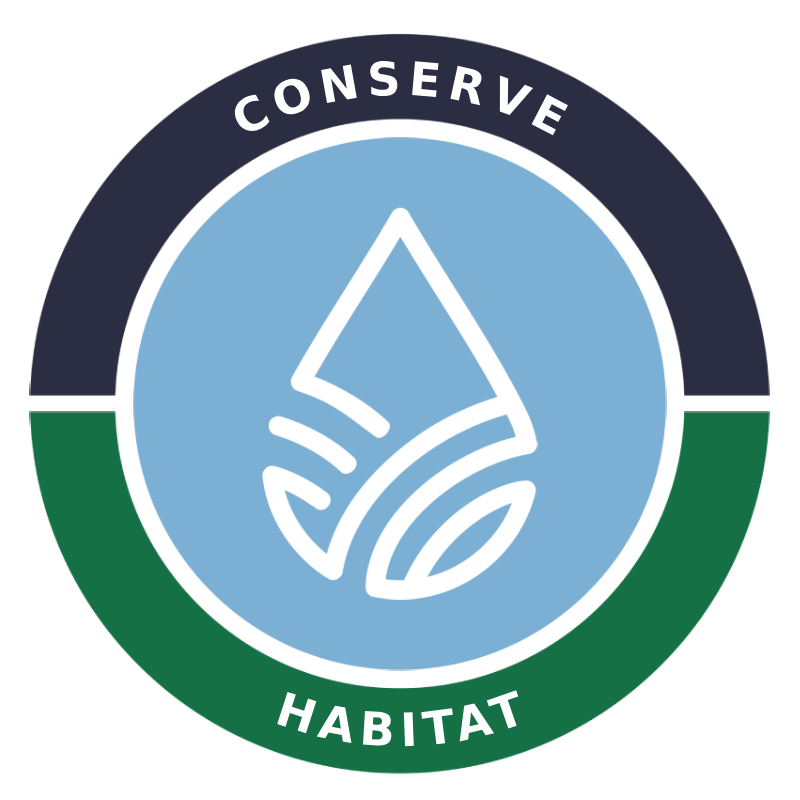
OVER 1,000 ACRES CONSERVED AS BRIDGE FOR A 10,000 ACRE LANDSCAPE
Unique Places to Save placed a state-held conservation easement on over 1,000 acres of the exceptionally-ranked Boiling Spring Lakes Wetland Complex Natural Area. The project conserves the headwaters of Orton Creek, a tributary of the Cape Fear River, as well as a mosaic of globally rare plant communities that provide habitat for numerous species.
This large-scale conservation project nestled between two large conservation properties along the North Carolina coast creates a synergy of ecological benefits. For example, conserved and connected wildlife corridors allow genetic mixing of populations and improve species ability to adapt to changing climate through access to variable habitats and microtopography.
Conservation within a larger network also enables better management of these communities to reach their highest ecological value. Conservation of this property will support adjacent conservation land managers in their efforts to use large-scale land management techniques such as prescribed burning.
This project was made possible by a landowner coordination and a $3.68M grant from the NC Land and Water Fund (NCLWF). The NC Land and Water Fund was established in 1996 and awards grants to protect land for natural, historical and cultural benefit, limit encroachment on military installations, restore degraded streams, and develop and improve stormwater treatment technology.
1,041
Total Acres To Be Conserved
720
Linear Feet of Streambank To Be Protected
1
Federally-Listed Species To Be Supported
8
Types of Natural Communities Protected


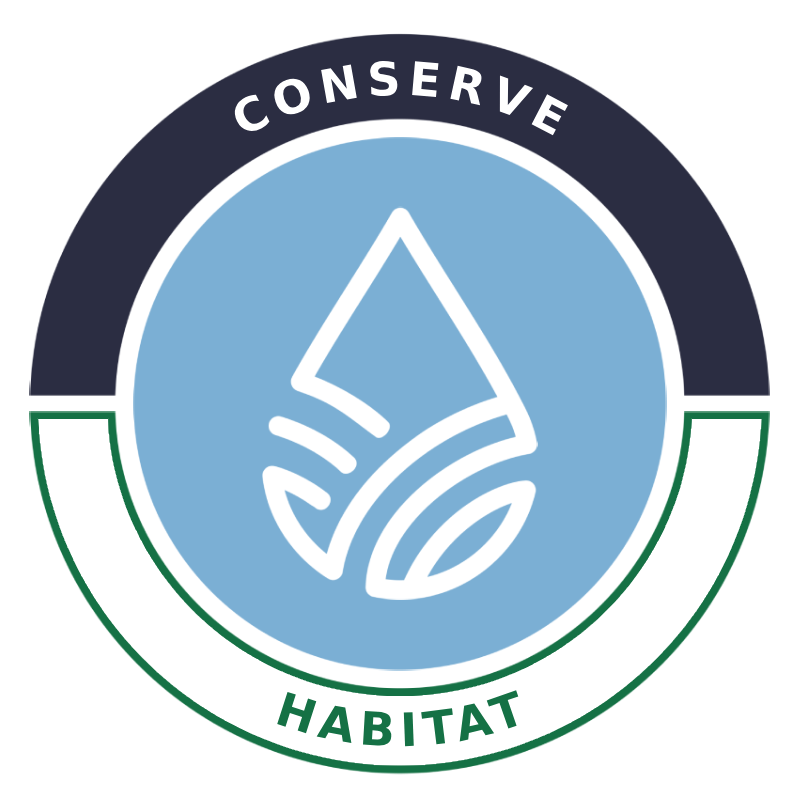
CONSERVE
Nearly 1,000 acres of the Boiling Spring Lakes Wetland Complex natural area have been conserved in perpetuity. This Natural Heritage Area (NHA) is ranked “R1/C1 - Exceptional” - the highest possible ranking for an NHA in the state. Many of the natural communities present are fire-dependent and larger conservation areas enable prescribed burning to enhance management of these communities.
Additionally, this area supports water quality for Brunswick County. The wetlands on the northern part of the property serve as the headwaters to Orton Creek, a tributary of the Cape Fear River.
Several groundwater wells that supply water to nearby residents are also located within the project area. Conserving the site will help protect water quality of the underlying Castle Hayne Aquifer, which lacks a confining soil layer that would normally prevent contamination of the groundwater.

Water Quality Protection

Support Land Management
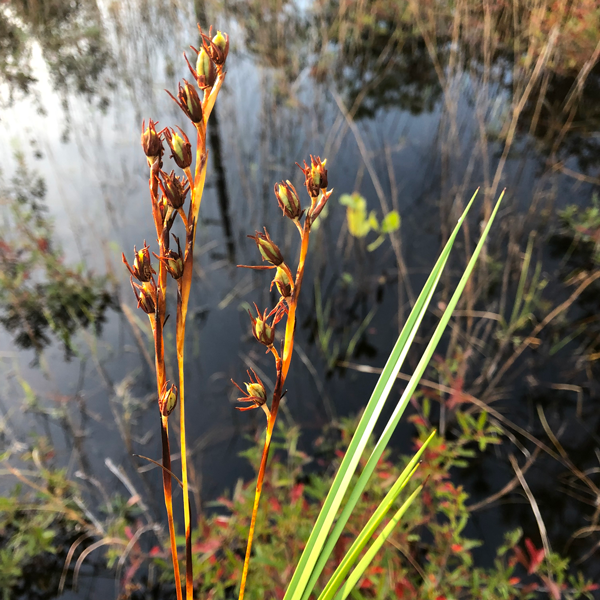
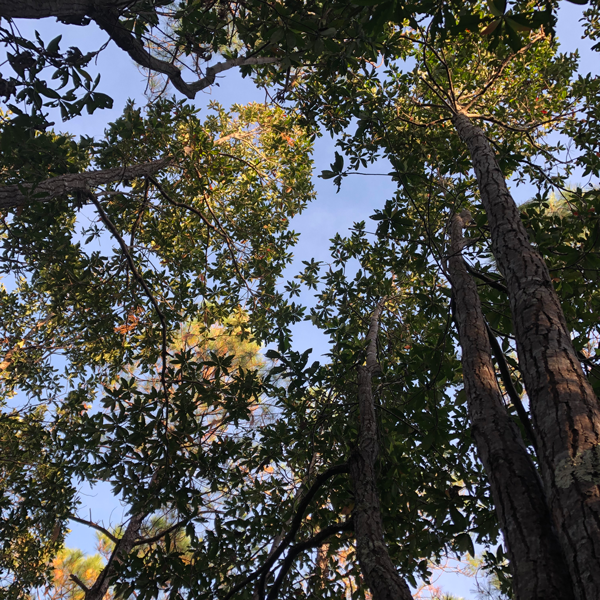


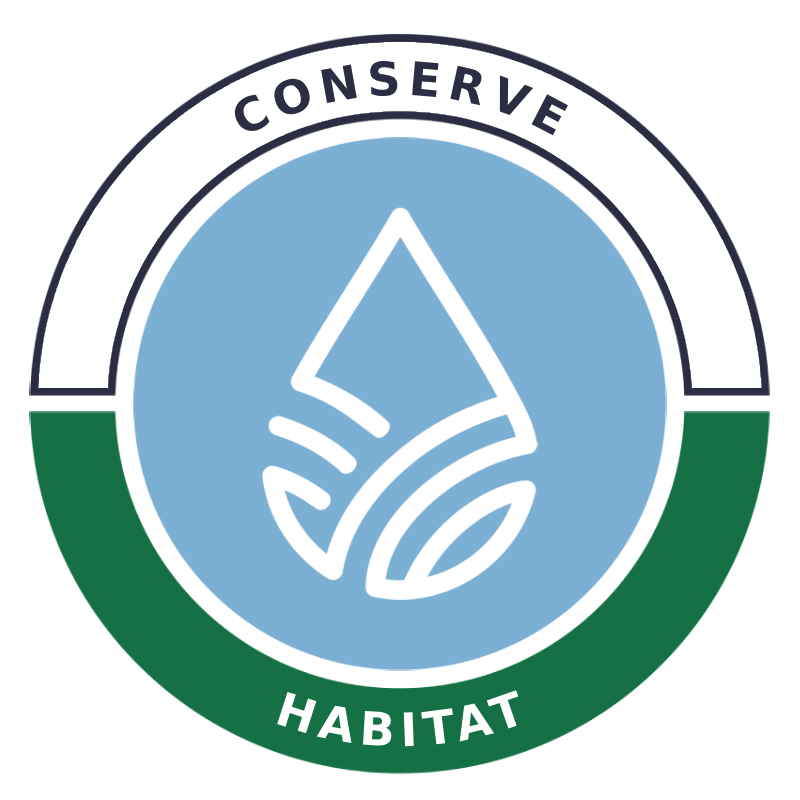
HABITAT
Numerous federal- and state-listed species will benefit from this project. Red-cockaded Woodpeckers, a federally-endangered species, rely on pine savanna habitat, a natural community that is fire-dependent. Adjacent conservation properties actively manage for this species and expanding conservation nearby will help support large-scale management.
The project area also supports carnivorous plant species that thrive in the sandhills and Coastal Plain longleaf pine habitats of the Carolinas. These fascinating plants have captured the wonder of naturalists all the way back to Charles Darwin in 1875, who was the first to describe insectivorous plants.
Other notable species that occur at this site include the Eastern Painted Bunting, Bachman’s Sparrow, and black swamp-snake.

Red-cockaded Woodpecker

Black swamp-snake



